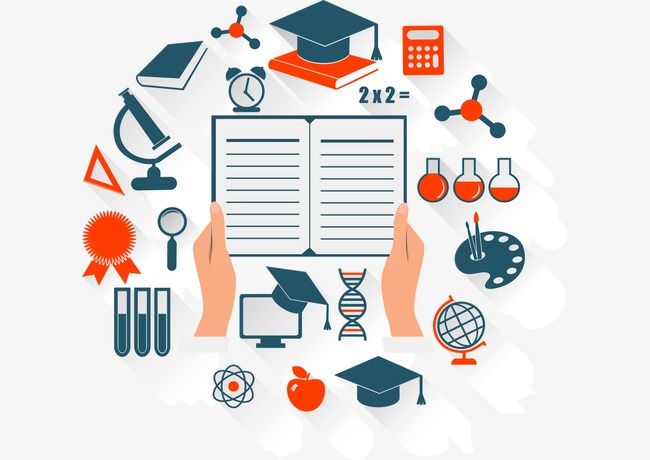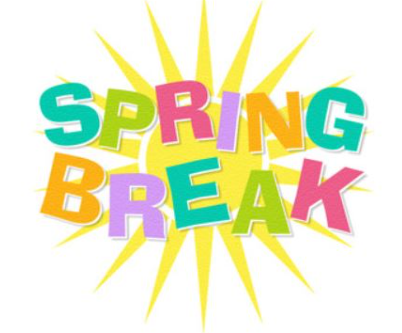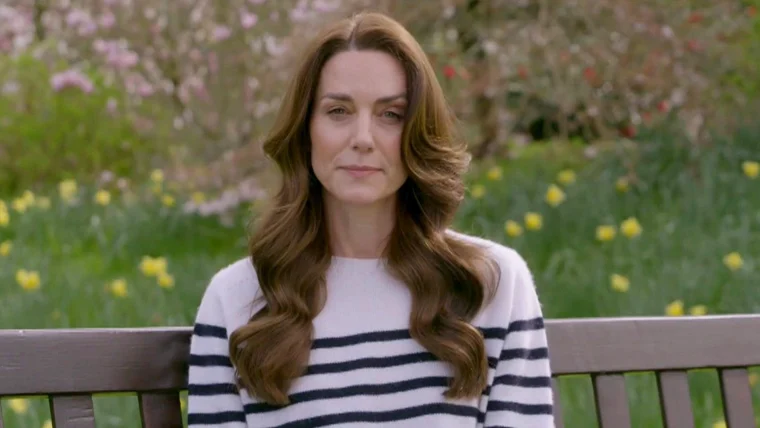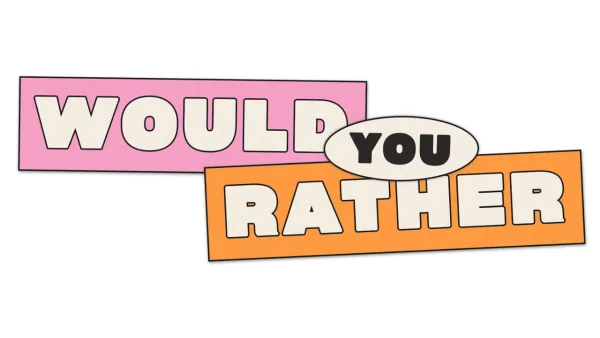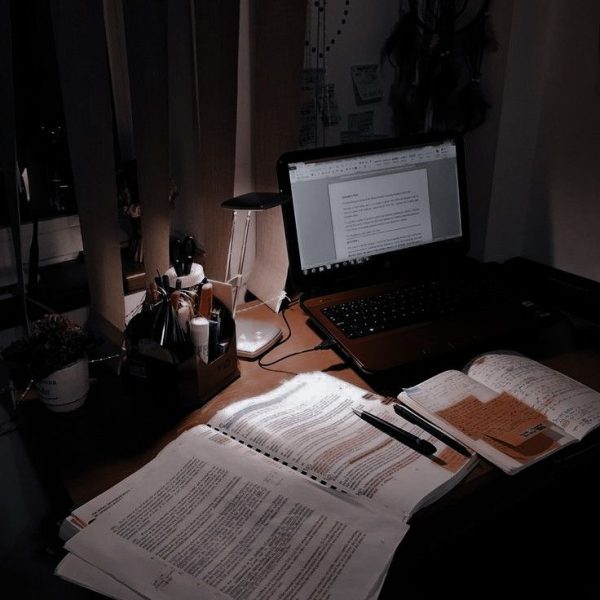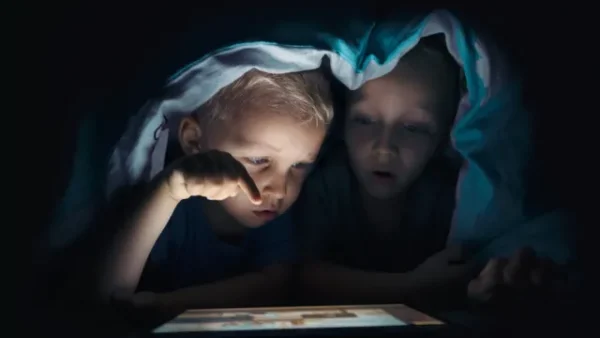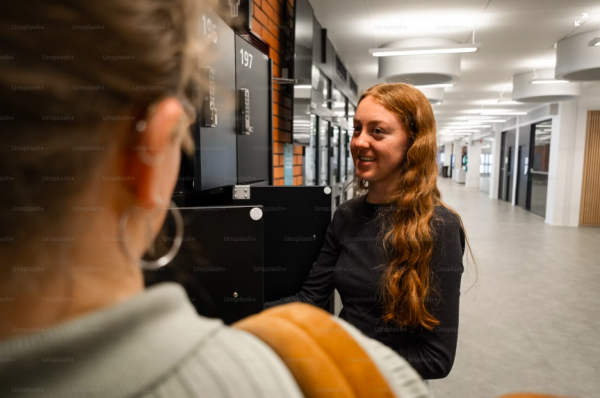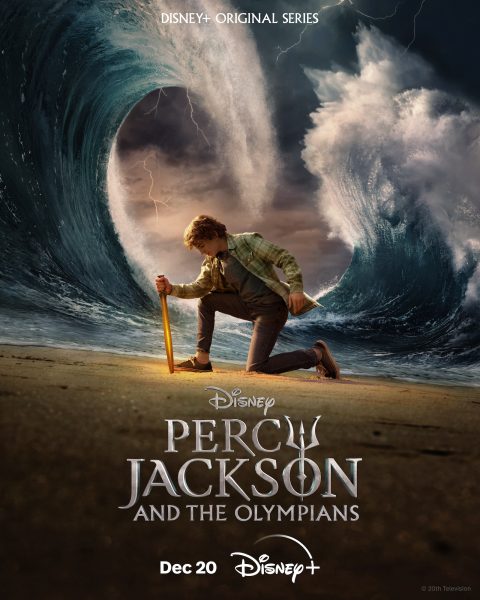Do we really need education?
May 23, 2023
Education is an essential aspect of human life. It plays a significant role in shaping individuals’ lives and impacting society. Education gives people the knowledge, skills, and values necessary to live a fulfilling and successful life. Through education, people can develop critical thinking, problem-solving, creativity, and practical communication skills crucial for personal growth and success. Education is essential to human society, impacting people’s lives in countless ways. It enables individuals to acquire knowledge, skills, and values necessary for personal growth and development. Education plays a significant role in shaping our beliefs, attitudes, and behaviors toward ourselves and the world around us. Without education, people would lack the essential tools to navigate life effectively.
Access to quality education provides individuals with numerous opportunities to enhance their lives and achieve their goals. Education opens doors to better employment opportunities, higher salaries, and financial stability. It equips us with critical thinking skills that help us make informed decisions about our health, relationships, finances, politics, and other aspects of life. Educated individuals are more likely to participate actively in civic engagement activities such as voting or volunteering in community projects. They have a deeper understanding of social issues affecting their communities and can contribute positively towards building inclusive societies where everyone has equal access to opportunities.
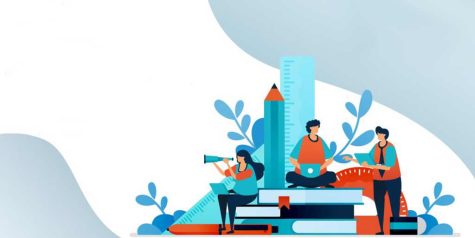
Education has a profound impact on people’s lives. It opens up opportunities for better career prospects and financial stability. With higher levels of education, individuals can access well-paying jobs that offer job security and satisfaction. Education also improves health outcomes by promoting healthy lifestyles and providing access to healthcare resources. Moreover, education instills social responsibility values such as respect for diversity, empathy, and tolerance towards others. Education helps people live better lives by equipping them with the necessary tools to overcome the challenges they face in their daily lives. For instance, education teaches one how to manage finances effectively, make informed decisions about health care needs, or navigate complex legal systems when needed. Furthermore, education promotes personal development by fostering self-awareness and emotional intelligence.
Schools and colleges provide structured environments where students can acquire academic knowledge while developing social skills vital for future success. Going to school or college exposes students to diverse cultures and ideas that broaden their perspective about the world around them. Without education, many aspects of our modern-day society would be impossible. People without formal education would lack basic literacy skills such as reading, writing, or numeracy, limiting their ability to participate fully in economic activities like entrepreneurship or even finding essential employment opportunities.
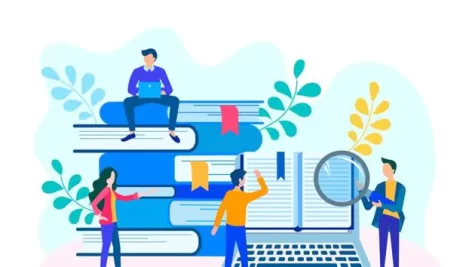
In conclusion, education is essential because it empowers individuals with the knowledge and skills they need to succeed in various aspects of life. More importantly, education enables people to become engaged citizens who contribute positively towards building vibrant communities that promote social justice and equity for all members of society regardless of background or circumstances. Education is an essential tool for personal and societal development. It helps us live fulfilling lives by providing vital skills and knowledge that enable us to thrive in various areas of life. Therefore, we should prioritize investing in education at all levels to create a better future for ourselves and our unborn generations.

